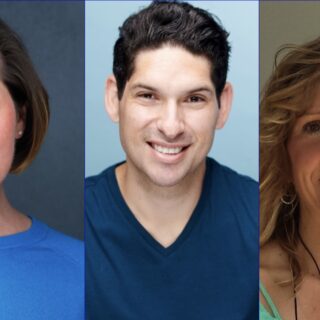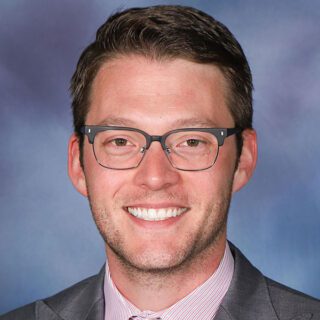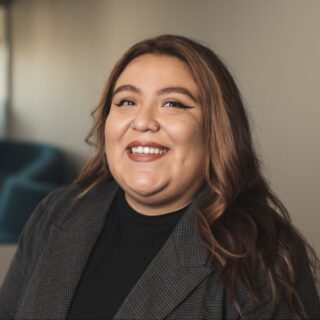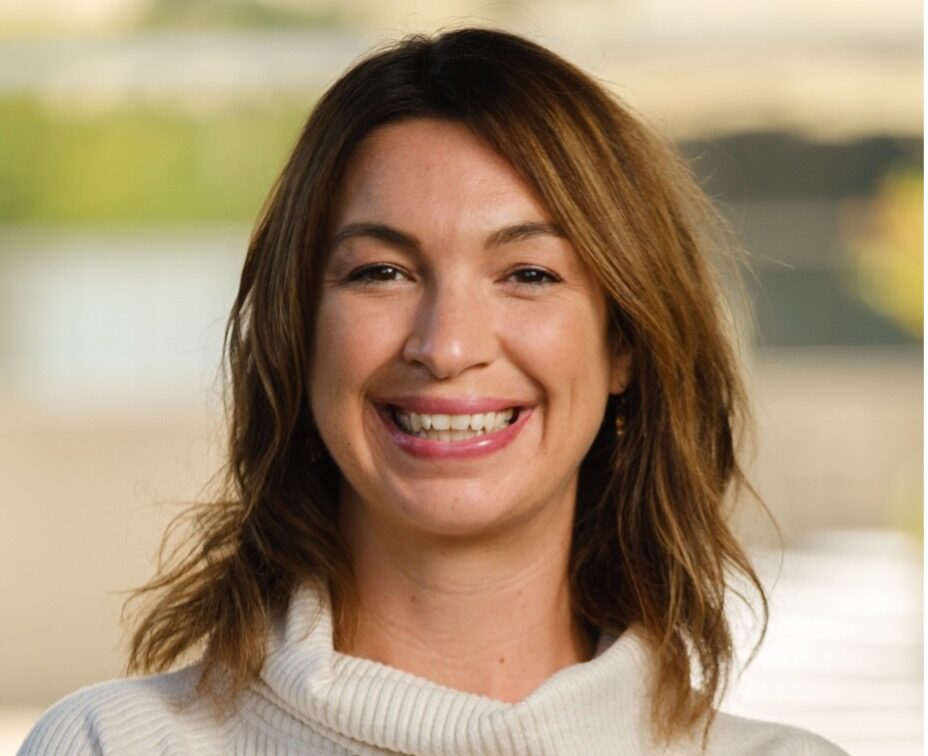
PhD Student Meghan Orman Connects Ecology to Psychology in Iceland
As a U.S. Fulbright Student Program grantee conducting research in Iceland, Meghan Orman heeded the advice she received from former Fulbright scholars: Say “yes” to as many opportunities as possible.
“An important part of this experience has been getting to know the local community,” says Orman, a doctoral student in applied developmental psychology at the University of Pittsburgh School of Education. “I tried to meet as many people as I could, and I spent a lot of my time exploring the natural and cultural beauty of Reykjavík and the surrounding areas.”
Learning Icelandic, taking a dip in her local geothermal pool, and starting an unofficial Buffalo Bills Backers group in Reykjavík are just a few of the extracurriculars that she pursued when she was not occupied by her research.
Orman received a Fulbright-National Science Foundation Arctic Research Grant for nine months to study Icelandic preschoolers’ connection to nature and how they think about the natural world.
“I am trying to understand how children think and feel about nature, which is a very complex and abstract thing to study,” says Orman. “Interviewing children can be an important—and heartwarming— part of psychological research. They have such a unique perspective of the world, and tapping into this perspective can provide valuable insights into their experiences.”
Exploring Connections Between Nature and Education
As a researcher with both bachelor’s and master’s degrees in philosophy, Orman is interested in infusing science and philosophy into education and learning.
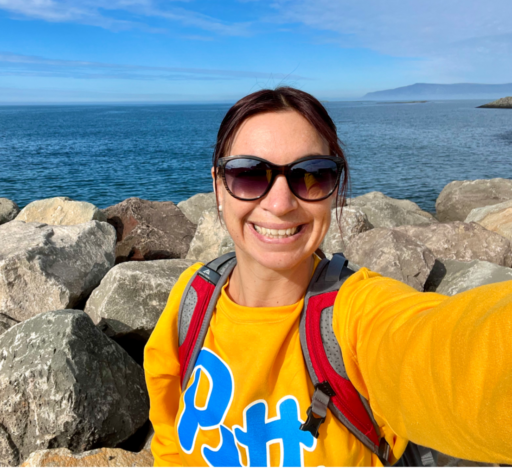
“I want to understand what the connection to nature looks like and means to people, both philosophically and psychologically,” she says. “I want to understand how educational settings utilize this knowledge to support learners of all ages across contexts.”
Many of Orman’s days were spent on the University of Iceland campus, splitting her time between the university’s School of Education and School of Health Sciences and meeting with her mentors, Kristín Norðdahl and Freyja Birgisdóttir, to discuss project development, planning, and improvement.
She also spent a lot of time in the field visiting preschools to collect data. Because Orman does not speak Icelandic, she worked with several undergraduate students from the university who assisted with data collection.
The preschool children were asked to draw pictures of themselves in nature and then were interviewed about what they drew and how it made them feel. One question they were asked was if they feel like they belong in nature.
“While it’s an abstract concept, we wanted to understand when these types of reasoning skills come online in young kids,” Orman says. “Some children offer a very concrete response to this question, for example, ‘No, I belong at home!’ Others say, ‘Yes, because it feels so good.’”
Orman’s research also includes written surveys for teachers and parents to learn how they use nature in the classroom and at home.
“We were looking at how teachers connect to nature and how Icelandic preschool classrooms support children’s connection to nature,” she says. “I have thoroughly enjoyed getting to know some of the preschool teachers and school directors and their pedagogical approaches.”
Thinking Locally and Globally
Orman’s own connection to nature is a big inspiration for her interest in the field of ecopsychology. In an essay by Valerie Harms, she defines ecopsychology as an emerging field that attempts to integrate psychology and environmentalism, especially focusing on the relationship that the Earth has with the behavior of its inhabitants.
“I grew up in a small rural village in central New York and was always close to nature without realizing it,” she says. “In my 20s, when I really needed support and growth, I would turn back to nature through hiking, gardening, beekeeping, and exploring.”
Now Orman is driven by the desire to ensure that all children have opportunities to access and connect with nature.
“Access to nature is political in the United States, and there are racial and socioeconomic inequities in who has access to it and under what conditions,” she says. “This also means leaning into community-engaged scholarship and ensuring that real people are always at the center of any scholarly work I’m doing.”
While Orman’s time in Iceland came to an end in May 2023, her research on early childhood ecopsychology will be the basis for her dissertation as she completes her PhD program at Pitt Education. She looks forward to diving into how her findings can be applied to early childhood learning beyond Iceland.
“Whether young children in Iceland are more or less connected to nature than children in other places like the United States remains to be seen, but I hope it is a next step in my research that I can explore.”
Learn More
This story was published in the Summer 2023 issue of PittEd Magazine. Read the magazine and join our mailing list today.

